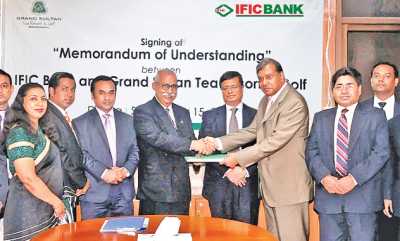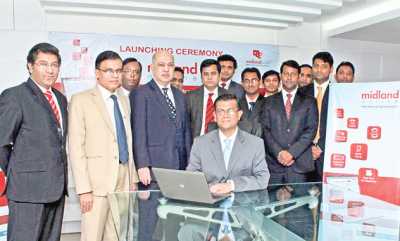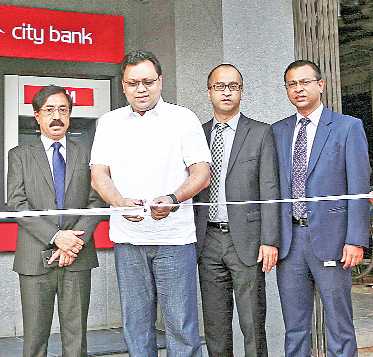The government has decided to appoint the managing director of state-run Karmasangsthan Bank, Khondoker Md Iqbal, as the MD of financially troubled Basic Bank under the new rule of appointment of state bank MDs, according to officials of Bank and Financial Institutions Division.
The Bank and Financial Institutions Division (BFID) was, however, unable to appoint the MD of state-run Janata Bank that lacks its chairman as well as an effective search committee to pick up three individuals to finally choose one as the MD.
Former Janata Bank chairman Abul Barakat completed his tenure last week.
In mid-August, the BFID under the Finance Ministry took back the power of the boards of state-owned banks to appoint MDs.
The boards enjoyed the authority over appointment for nearly seven years.
The Banking Division urged the government to reconstitute the boards of directors of state banks first and then return the authority over appointment to the boards to run the banks professionally.
The directives were imposed on the three state-owned commercial banks, Sonali, Janata and Agrani, plus two other public sector semi-commercial banks, BASIC and BDBL.
Currently, the posts of chief executive officer are falling vacant in Janata and BASIC banks while the tenure of incumbent managing director of BDBL will end in February and that of Sonali and Agrani in July next year.
Banking Division Secretary M Aslam Alam told the Dhaka Tribune yesterday, “They have picked up Karmasangsthan Bank MD Khondoker Md Iqbal from a panel of three individuals chosen by the BASIC Bank search committee.
“In the wake of complexity regarding appointment of new Janata Bank chairman we are yet to receive names from the search committee of Janata Bank,” he said.
On May 24, the central bank removed the managing director of state-owned BASIC Bank Quazi Fakhrul Islam from his post on charges of his negligence in duty and irregularities.
Despite a seasoned banker, Alauddin A Majid will face challenges to bring discipline to lending, as the BASIC Bank’s indicators went on a free fall over the last four years due to massive irregularities that cost the bank Tk4,500 crore.
On July 6, the government dissolved the BASIC Bank board.
This was the second time the board of a state-run bank was fired for financial anomalies within a span of less than two years.
In December 2012, the board of Sonali Bank was reconstituted following the Hall-Mark scam.
On the same day, the Banking Division appointed Alauddin A Majid, chairman of the state-controlled Krishi Bank, as the new chairman of BASIC Bank.
Meanwhile, Finance Minister AMA Muhith accepted the resignation letter of Sheikh Abdul Hye Bacchu, the BASIC Bank board chairman.
News:Dhaka Tribune/16-Sep-2014





